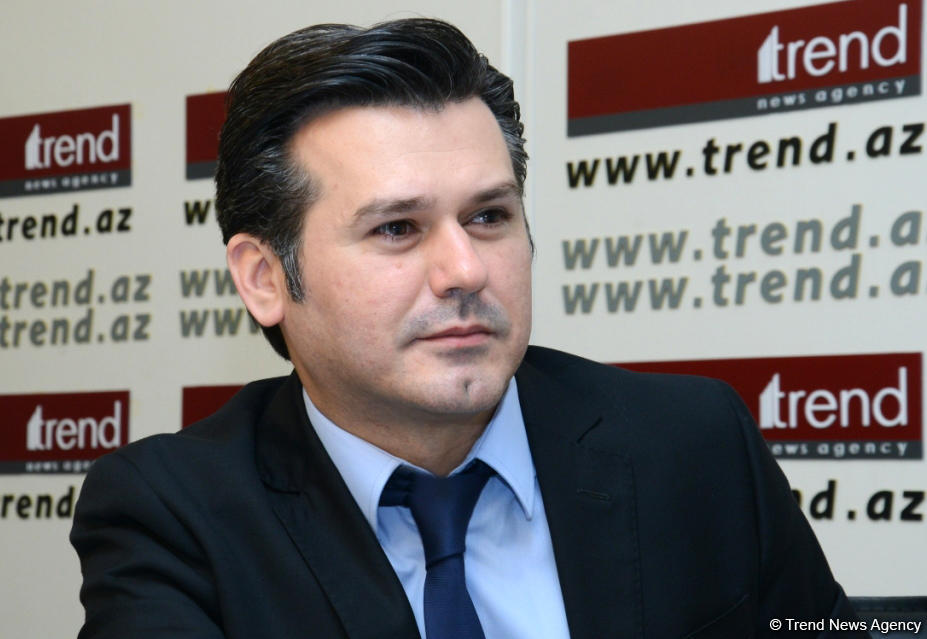Baku, Azerbaijan, June 7
By Rufiz Hafizoglu - Trend:
It seems that it would be difficult to find a link between the Qatar crisis and a series of terrorist attacks that hit Tehran on June 7, if the Saudi Arabian authorities have not said this morning that a lesson should be taught to Iran.
The Saudi Arabian authorities have repeatedly stated that Iran pursues a sectarian policy in the region, but the thing is that such policy is also being carried out by Saudi Arabia.
Commenting on a series of terrorist attacks in the center of Tehran, a number of Arab and Iranian media outlets have already reported that the so-called Islamic State (IS aka ISIS/ISIL) terrorist group is behind those terrorist attacks.
According to the world media outlets, one of the terrorists committed suicide by drinking cyanide.
The tactic of committing suicide by wearing a suicide belt is widely used by IS terrorists in Syria and Iraq. However, it was never proved that IS terrorists have never used potassium cyanide to commit suicide during a terrorist attack.
This testifies that there is no IS factor in the terrorist attacks committed in Tehran.
If we thoroughly consider the situation in Iran, we can see that ethnic Arabs living in the Iranian province of Khuzestan have recently become very active. Most of the Arabs in this Iranian province are Shiites, however their social and economic conditions are very difficult.
The Arab media outlets periodically report about the difficult life and hard social conditions of the Iranian Arabs.
It is obvious that even if Iranian Arabs, sponsored from outside, are behind the terrorist attacks in Tehran, the Iranian government will not recognize this because otherwise it will become a trump card to the opponents of Iran.
Nevertheless, whoever is behind these events, Iran regards it as a terrorist attack, but the Arab media still disagrees about the events in Tehran.
According to history, depending on the political situation, one or another terrorist organization can be recognized as freedom fighters, or vice versa, the people's liberation and resistance can be positioned as a terrorist movement.
Unfortunately, as a result of armed conflicts in Iraq in Syria, peoples, living in this region for many centuries, openly say that their joint living is impossible now.
Today, Syria and Iraq are on the brink of ethnic split and the IS factor further accelerated this process.
That is, it is quite obvious that ethnic conflicts in the Middle East are as dangerous as growing religious radicalism.
In this regard, along with fighting against growing religious radicalism, Muslim countries must also fight against ethnic separatism, which is the second most important factor of splitting the Islamic world.
Follow Rufiz Hafizoglu on Twitter: @rhafizoglu






